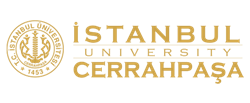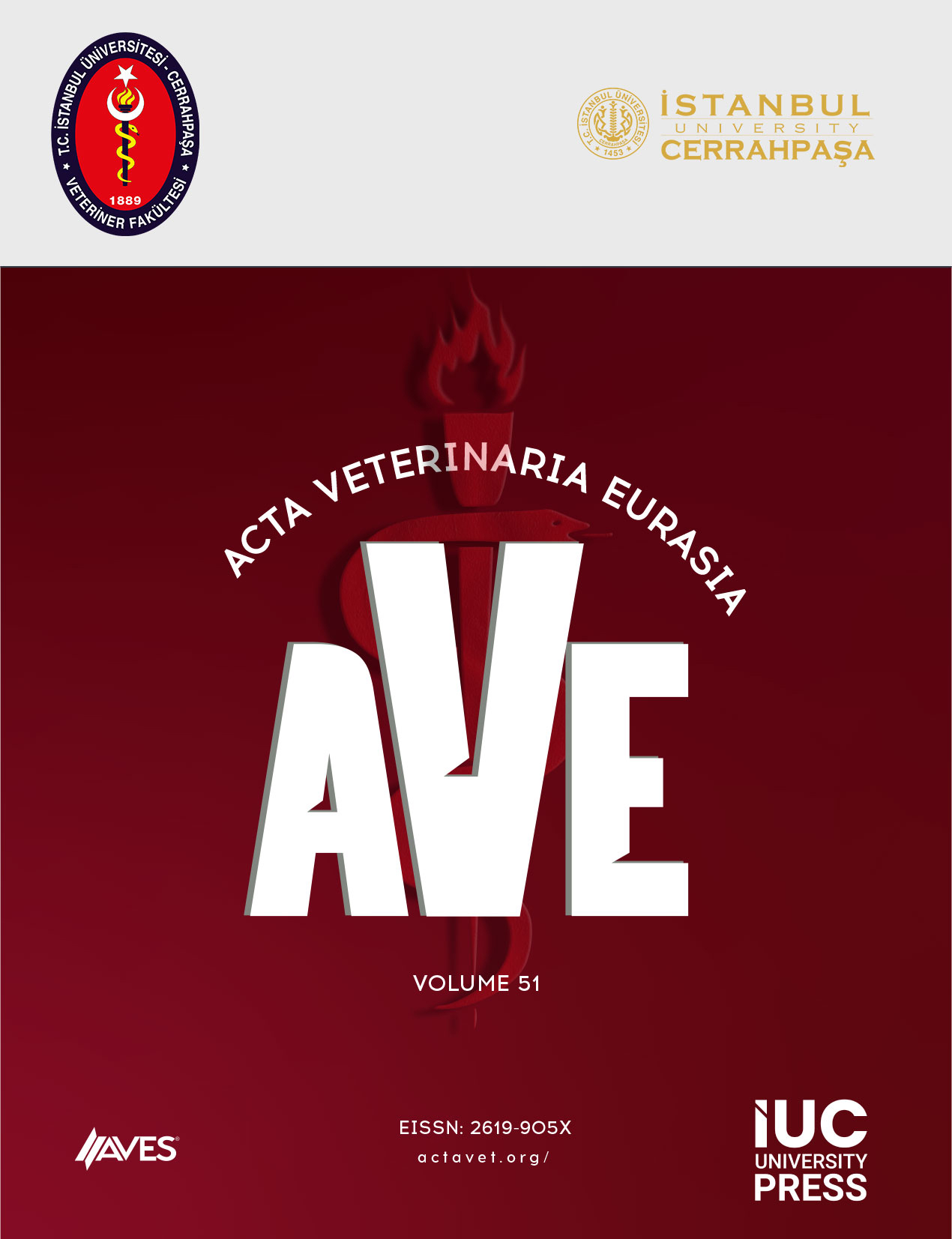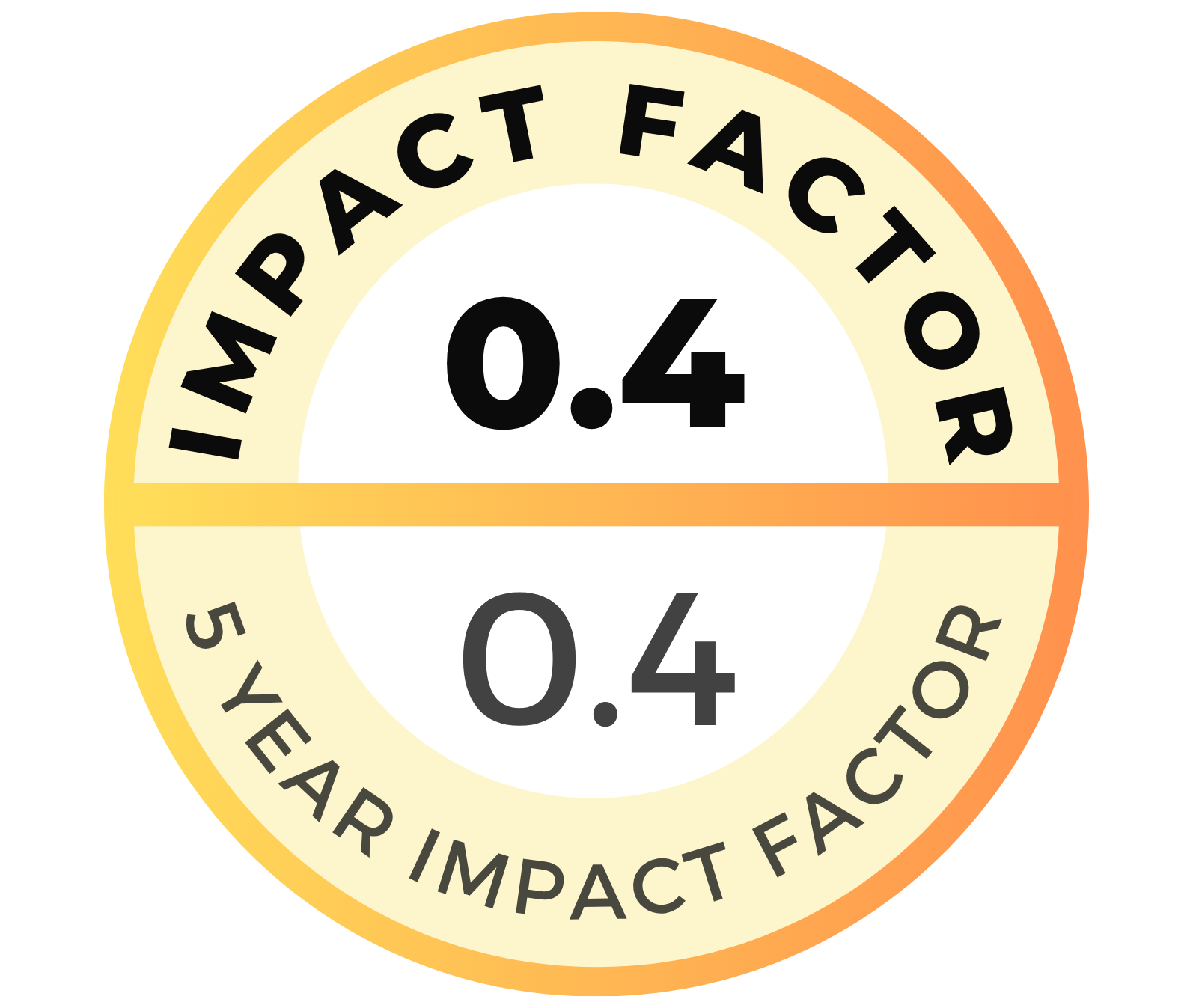A total of 100 yoghurt samples were collected in order to investigate the microbiological quality of yoghurts produced by small family run dairies in Kars region. Turkey. Numbers of yeasts and mould in 40 samples were below the detection level of <102 cfu/ml, 103 cfu/ml in 40 samples and 104-105 cfu/ml in 10 samples. Enterobacteriaceae spp. were detected at a level of <102 cfu/ml in 60 samples. 102 cfu/ml in 20 samples and 103 cfu/ml in 20 samples. Micrococci-Staphylococci and Enterococci were found to be below the level of <102 in 88 and 92 samples, 102 cfu/ml in 12 and 8 samples, respectively. Bacterial counts (log10 cfu/ml) were 4.77. 2.75. 1.34. 1.44 and 0.52 for yeast and mould, Enterobacteriaceae, Micrococci and Staphylococci, Enterococci and coli forms spp. respectively. Out of 100 yoghurt samples, coagulase positive Staphylococci were isolated from two samples and these were identified as Staphylococcus aureus (S. aureus). All of the coliforms isolated were identified as Escherichia coli (E. coli). According to Turkish Standards Institute (TS. 1330). 10.0% and 60.0% of yoghurts did not fit into criteria of Turkish Standards Institute due to excessive numbers of coliforms, yeast and mould, respectively. The results of this study indicate that yoghurts produced and sold by family run dairies had poor hygienic quality.





.png)